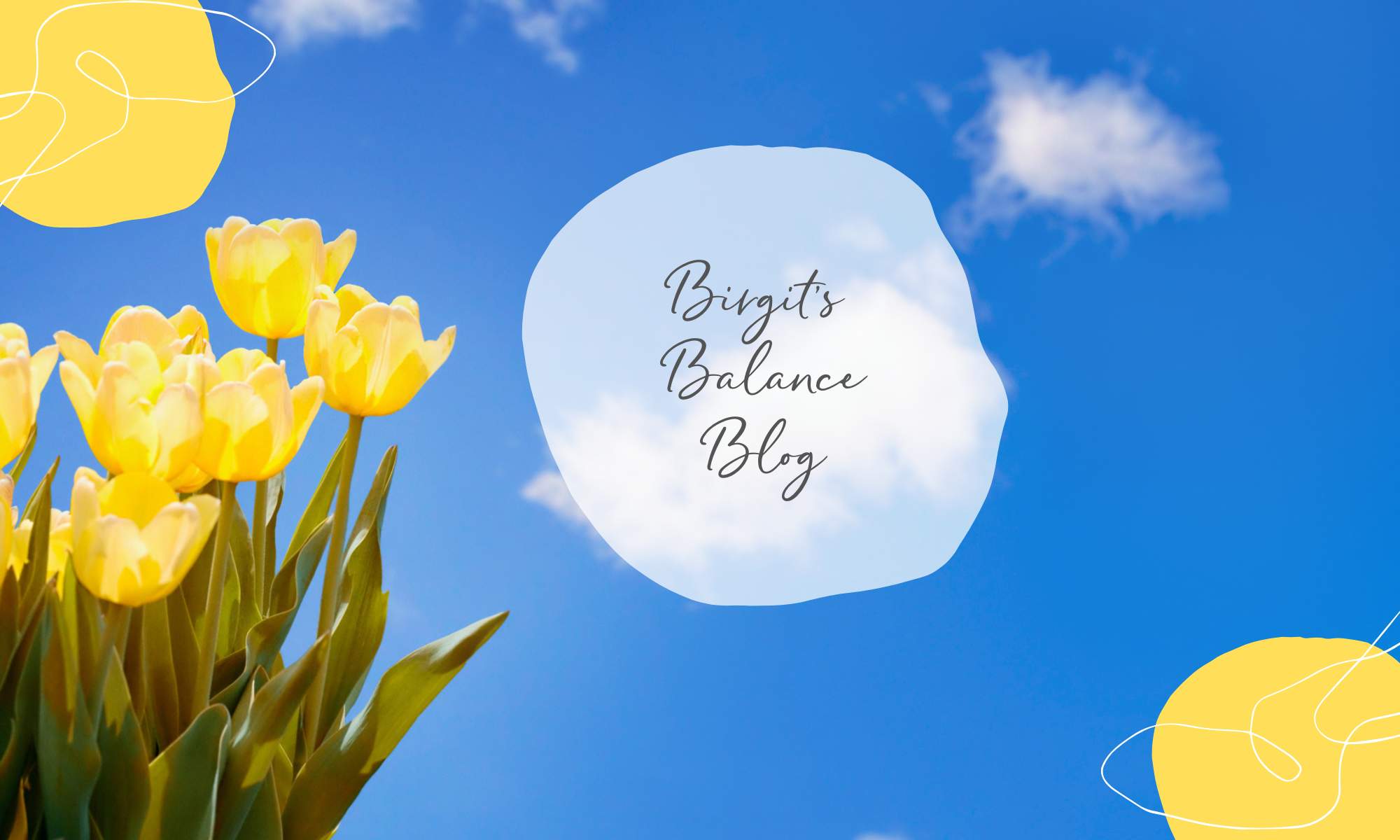
The feeling of being exposed to situations that we cannot control or influence and uncertainty are two of the greatest stress factors for humans.
According to Aaron Antonovsky’s model of salutogenesis, our sense of coherence – that is, a “pervasive, enduring, yet dynamic sense of confidence – confidence that:
- The demands of inner and outer experience throughout life are structured, predictable and explainable (sense of comprehensibililty)
- The necessary resources are available to meet the demands (sense of manageability)
- The demands are challenges that deserve investment and commitment (sense of meaningfulness)”*
The stronger this sense of coherence, the better we can cope with adverse circumstances and react flexibly to demands. This also reflects the basic human needs of control, security and certainty. If we feel we lack these, it causes a great deal of stress – stress that will only subside when we have eliminated the source of uncertainty.
Why am I writing this?
Because in the last few days I have become aware again of the extent to which the current situation is (still) difficult to understand and inexplicable, how great the uncertainty is as to whether we will master it and what sense it makes.
We regularly have to make decisions – and currently not easy ones – namely those that affect our health and that of other people.
But how, without explanation, without certainty, what is right?
Because it provides relief, we are therefore sometimes particularly receptive to any kind of explanation. Better a strange story than no explanation at all. At least we have something to cling to that gives us back the feeling of control.
Easier, in any case, than admitting that we don’t really know, that we have clues at best, and that we are actually afraid and uncertain.
And it looks like there’s no end in sight for the time being.
I also notice how much energy this draws and I am increasingly reflecting on who or what I want to give my attention to – I need the ressources to make decisions that I am at peace with. And since I don’t have any experience either, this is not easy for me, too.
That’s why I’ve been thinking about what helps me not to lose my mind 😉
The following things have worked for me in the last few months, which is why I want to share them with you:
Train your tolerance for uncertainty
The best way to do this is to break your routines from time to time or to weave “microadventures” into your everyday life. For example, buy a food item that you don’t know yet and prepare it. Or plan a hiking tour – for once only with a real paper map, without a mobile phone and GSP (in the past this was reality, not an adventure, crazy! ;-)). Plan a weekend trip – without booking accommodation in advance.
The ability to see things from as many perspectives as possible is also beneficial. You can train this, for example, by looking at or listening to art. What can you see in a picture? What would you spot if you were another person? What images do certain songs create in imagination?
Another very good training for mental agility and dealing with uncertainty and constant change are exercises from improvised theatre. Here you learn to act and react spontaneously – and also to make peace with the result & to continue working with it – no matter how it turns out.
Retreat for peace
Our mind is like a mountain lake. If we want to get to the bottom of it, we need a calm water surface. This is difficult to achieve when stones are constantly thrown in from outside or wind and weather sweep over it. Take regular time-outs from the noise, the restlessness, the actionism, the thousand opinions and everything else that takes your energy. Retreats – whether shorter or longer – are essential to calm down and reconnect with your inner voice – which will help you make decisions.
Information management
To stay with the image of the lake: actively decide and control which stones you want to let sink to the bottom. In other words, filter information or actively seek it out instead of trying to separate the helpful from the less helpful from the mass of information that comes at you every day.
Make conscious decisions – and make peace with them
With more clarity and tolerance for uncertainty, it will be easier for you to decide for yourself. Now you only need the courage – and the confidence in yourself that you have made the best possible decision. You can tell if you are at peace with your decision by the fact that you don’t feel the need to justify it or to get others to “approve” it. Decisions always happen out of the momentary situation. So make your peace with it. Even if they turn out to be unfavourable in retrospect. It doesn’t help to say: “If I had known then what I know now…”. – You didn’t know then. End of story. There is no such thing as certainty 😉
Share your fears and uncertainities
… and how you manage to deal with them
Be an inspiration, not a proselytiser. Maybe others will have the courage to talk about it and an enriching exchange of experiences on how to stay healthy in times of uncertainty and loss of control will be possible.
You are also very welcome to contact me if you need someone to talk.
Take care!
Birgit
*from Salutogenesis Model | Definition and Explanation (academyofsports.de)
